Discover Chrome Music Lab
Author: Rick Phelan
Published: 07.03.17
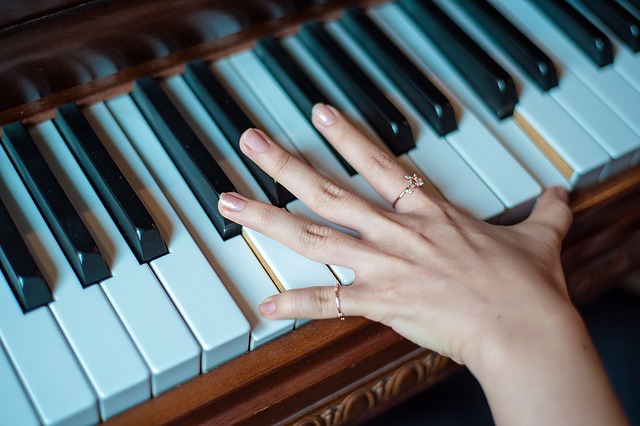 Chrome Music Lab is an engaging resource for people of all ages to learn about music. It was was created to be part of, ‘Music in Our Schools Month.’ Engineers founded the music lab on two key premises: 1) music is for everyone; and 2) technology can make learning about music more accessible. Chrome Music Lab provides experiments to discover musical ideas by seeing, touching and hearing ideas of sound and music.
Chrome Music Lab is an engaging resource for people of all ages to learn about music. It was was created to be part of, ‘Music in Our Schools Month.’ Engineers founded the music lab on two key premises: 1) music is for everyone; and 2) technology can make learning about music more accessible. Chrome Music Lab provides experiments to discover musical ideas by seeing, touching and hearing ideas of sound and music.
Located at https://musiclab.chromeexperiments.com/, there are currently twelve modules. Here’s a sampling of what can be done with five of the modules:
Rhythm- Experimenters learn that rhythms are patterns of sound in time. The most common rhythms repeat every four beats, but it can also be every three, five, six, or more. With this module rhythms are built by clicking on sound element beats and then playing them back to hear the created rhythm.
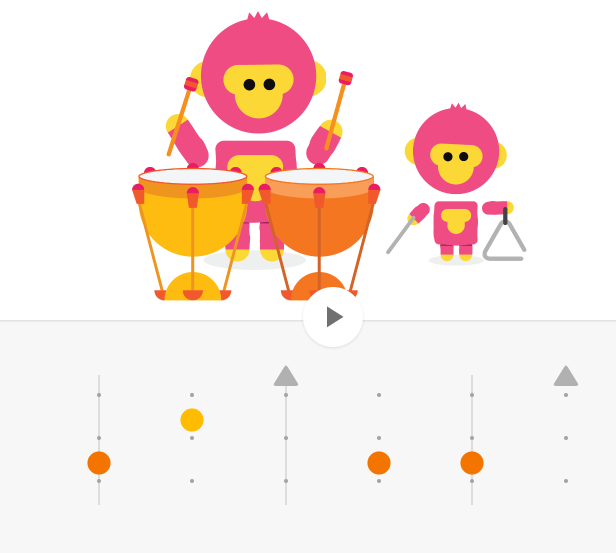
Melody Maker- A grid is used to to make melodies with the the vertical axis controlling the pitch and the horizontal axis managing time. Users tap to add notes, then use the buttons on the bottom to play their creation.
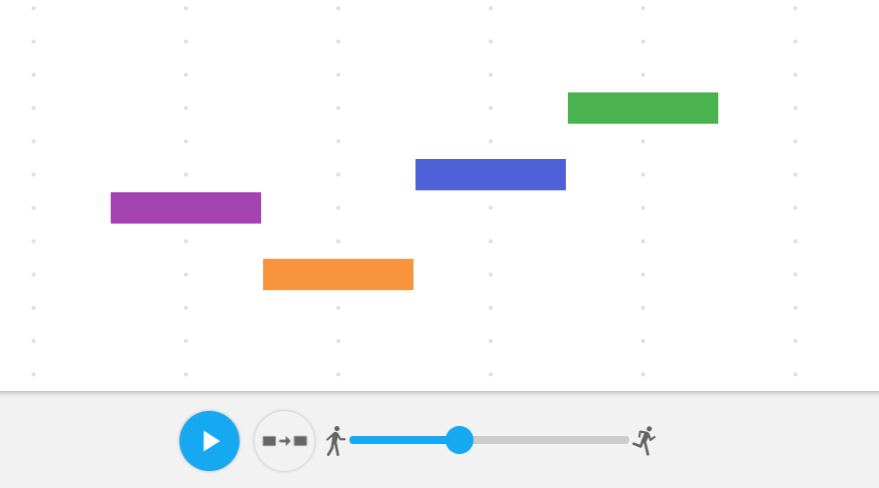
Sound Waves- This module allows users to see how sound waves travel through air. Blue dots represent air molecules bouncing back and forth as sound travels through them. Users tap piano keys and see the resulting sound wave. A magnifying glass can be used to zoom in and see a red line tracing the shape of sound waves.
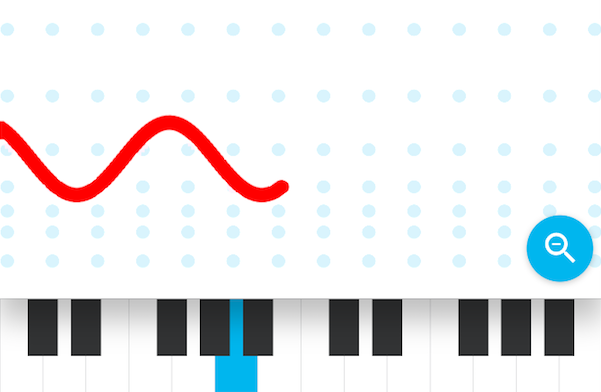
Oscillators- An oscillator makes sound by vibrating at a steady rate, known as its frequency. With this module, users can try different types of oscillators and change the oscillator’s frequency.
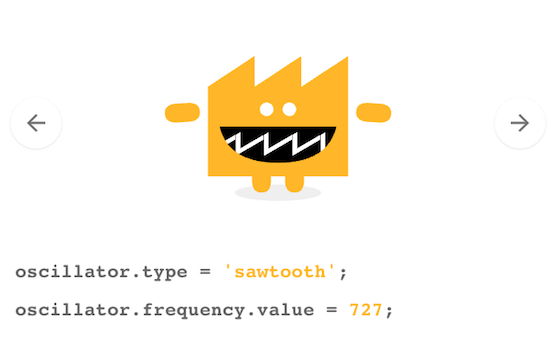
Voice Spinner- This experiment allows users to record sounds and then change the pitch, speed and direction of playback. The pitch of a voice gets higher when spun faster, and lower when spun slower.
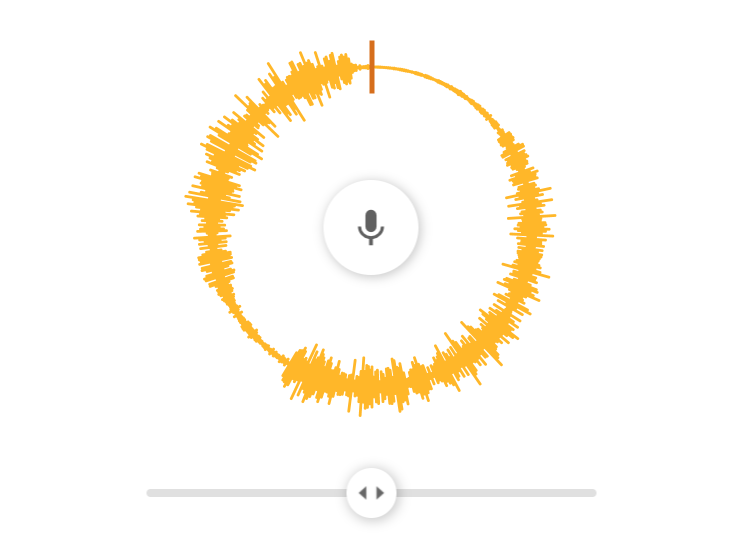
Additional Resources:
GarageBand- Incredible Music Technology for Schools
Music for Schools
Blog: Technology for Learners

